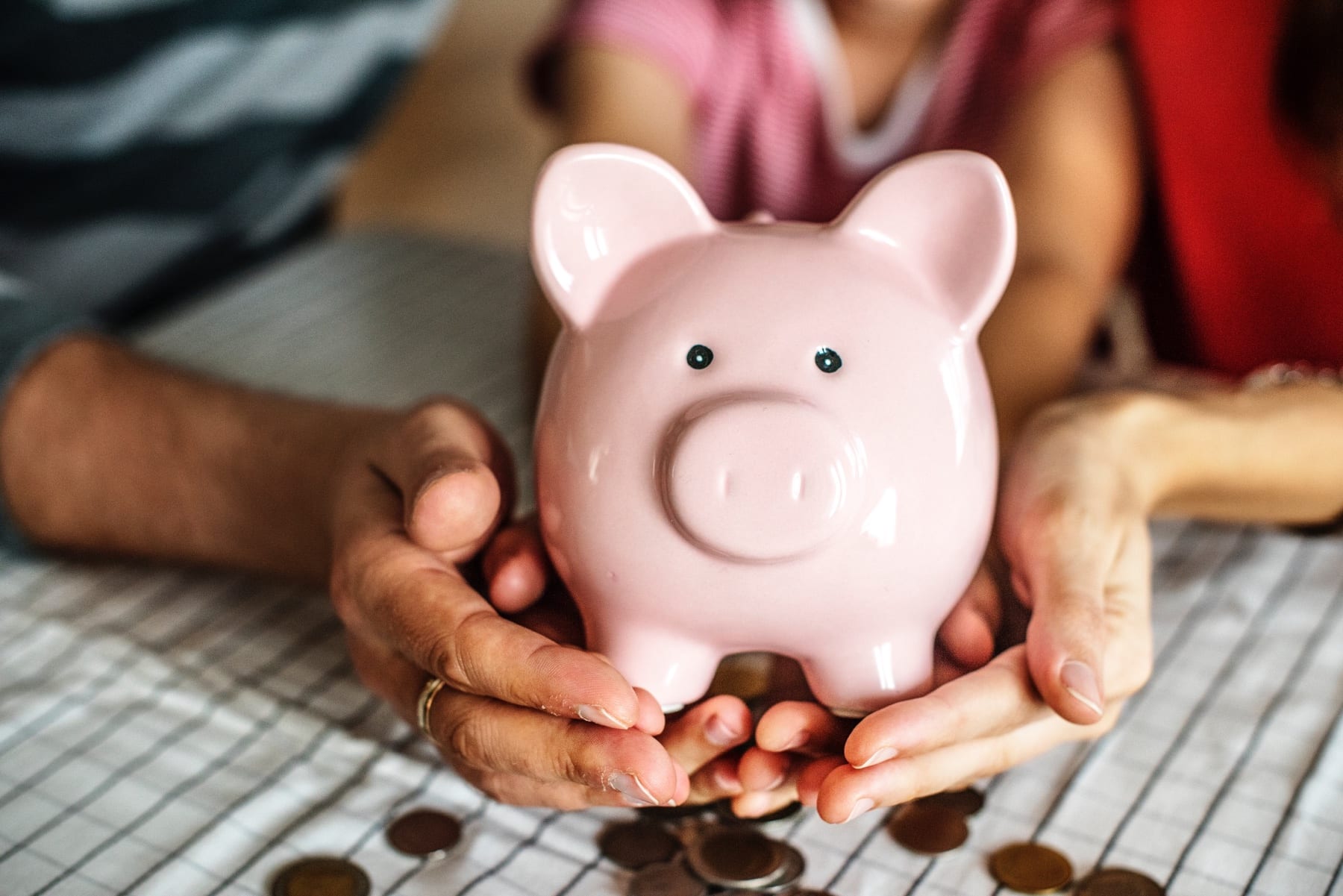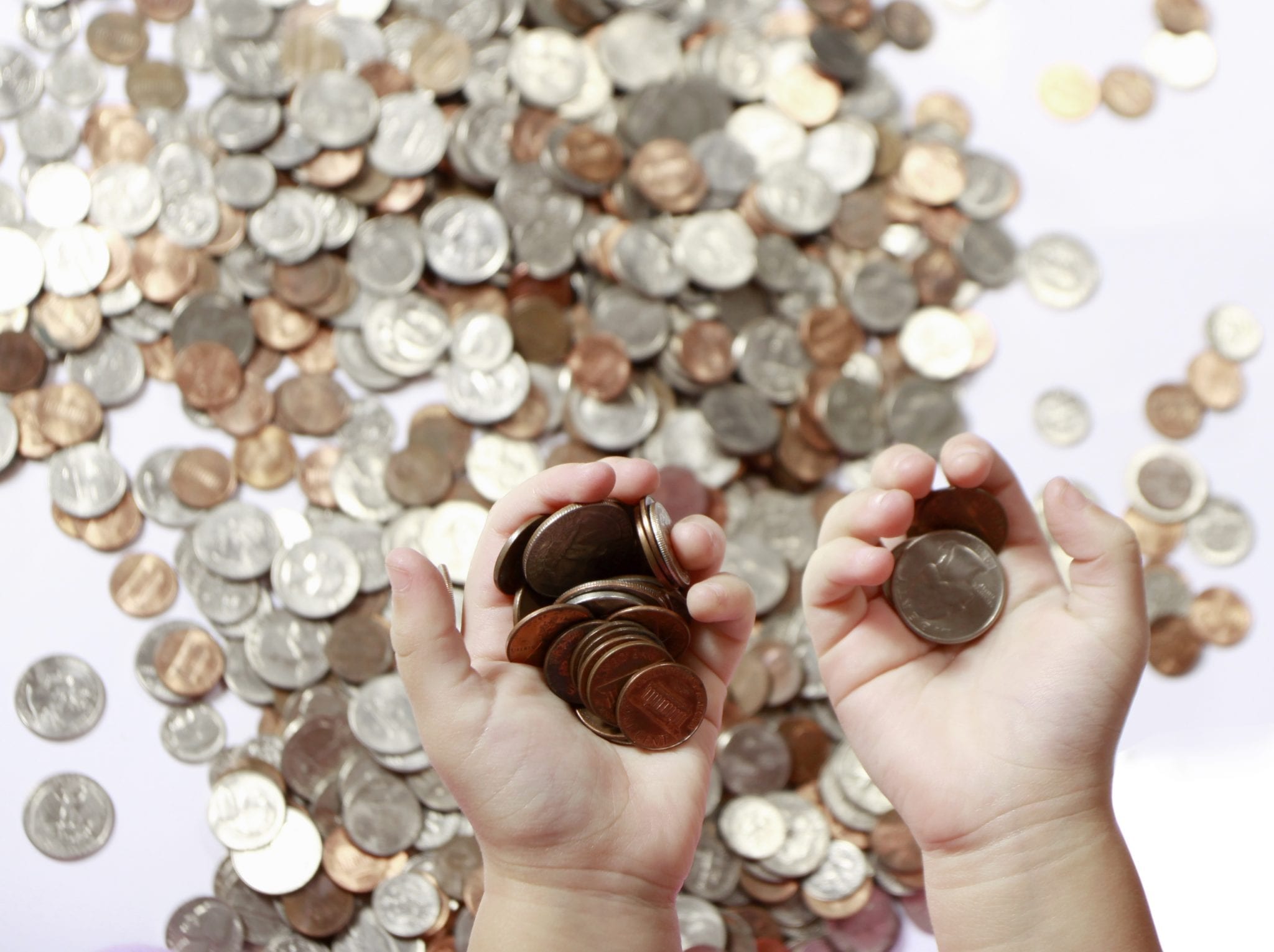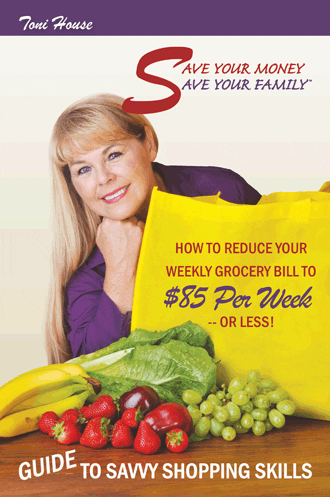Between government shutdowns and all of the unexpected expenses that make life the unfortunate kind of interesting, staying on top of a home budget is almost as much of an art as it is a science. Sometimes it’s not enough to rely on a simple budget to get you through financial hardships. When there are bills to pay and many mouths to feed, establishing a backup plan and taking a long look at your financial situation might be in order.
Evaluate your safety net
Pop quiz: How many months could you comfortably live on nothing but your savings? It’s not surprising to meet parents who have a very short term emergency fund for a variety of reasons. When everything costs money, saving up more than a few weeks’ worth of pay seems like a pipe dream. Establishing a better safety net takes as little as 90 days. If you already have a solid emergency fund, you’re already well ahead of the curve! It’s never a bad idea to take a look at your savings and make sure you have enough to cover major unexpected expenses like a visit to the emergency room.
Yet the importance of an emergency fund pales in comparison to how you can learn about a household’s major sources of waste by checking your expenses versus your savings. It’s often seen as normal to lose small pieces of your finances through the days to food waste, lost belongings, unnecessary purchases and other minor hits to your financial situation that can add up in the long run. Every dollar lost is a dollar that could have been put aside for harder times.
Zero waste means long term savings
Ever wonder where the majority of your tiny losses go? Look no further than the kitchen and all of its beautifully disposable glory. Aside from pots and pans you’ve probably thrown away an untold number of plastic bags, leftover containers, empty vessels and any number of daily use items that could be turned into zero wasted alternatives.
The biggest downside to a zero waste kitchen is its startup cost. Reusable storage containers will always be more expensive than living with plastic bags, but the long term benefits make themselves apparent with time. Many parents find it easiest to start with the kitchen thanks to its easily identifiable sources of waste. Once you’ve mastered your kitchen, the rest of the house can be streamlined in similar ways.
Debt payments are lost dollars
Smaller forms of saving might be best put towards paying off bigger debts. Young families are pushing to escape debt and the payments made on credit cards and other forms of debt ruin the finances of more individuals than they should. Review your biggest forms of debt, be they on a card or related to your mortgage, and start looking for opportunities to pay into bigger debts ahead of your minimums.
Getting out from under major debts is one of the final hurdles a budget faces and it is more a long term move than a short term solution to problems. Once savings are in place and your expenses are accounted for, paying early and in larger amounts means chipping away at what might be thousands of dollars of debt that can balloon into tens of thousands of dollars of interest payments.
Untangling the tricky web of financial issues that can ruin a budget takes a careful eye and a willingness to make cuts where it counts. Saving money now means being able to enjoy a more stress-free life years down the line instead of fretting over every bill and paycheck, which makes budget balancing worth more than any bank account.




Leave a Comment